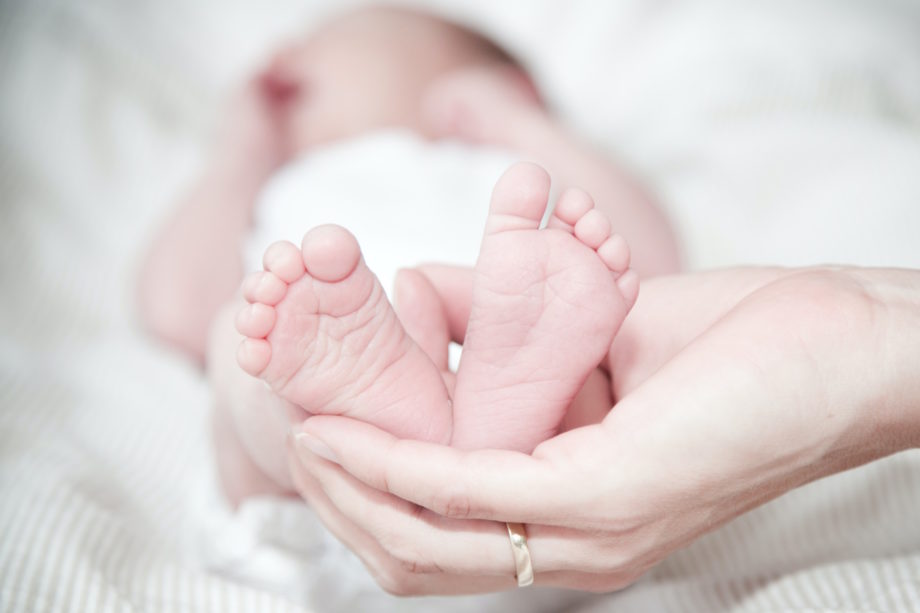Circumcising a Newborn

Circumcision is the surgical removal of the foreskin that covers the head of the penis. It is a common practice in many cultures and religions, but it is not without controversy. As a foremost expert on circumcising a newborn, I will provide information on some of the most frequently asked questions about this procedure, including its safety, pain levels, healing time, and potential risks.
How painful is circumcision for a newborn?
The question of pain is one of the most significant concerns for parents considering circumcision for their newborn. While it is impossible to determine precisely how much pain a baby feels during circumcision, it is known that infants have a heightened sensitivity to pain due to their developing nervous systems. However, various methods can be used to reduce discomfort during the procedure.
Local anesthesia is commonly used to minimize pain during circumcision. This involves injecting a numbing agent into the base of the penis to block pain signals. The anesthesia may be applied as a cream or gel to the skin, or it may be administered through an injection. In some cases, a combination of methods may be used to provide the best pain relief.
How long does a circumcision take to heal newborn?
After the circumcision, it is normal for the baby to experience some discomfort and swelling in the penis area. The length of time it takes for the wound to heal can vary depending on the baby’s age, overall health, and the technique used by the doctor.
In general, it takes about one to two weeks for the penis to heal fully. During this time, the baby’s diaper may need to be changed more frequently to keep the area clean and dry. It is essential to follow the doctor’s instructions regarding care and hygiene to prevent infection and promote healing.
What happens if a baby gets circumcised?
Circumcision is generally considered a safe and routine procedure. However, like any surgical procedure, there are risks involved. Complications from circumcision can include bleeding, infection, and damage to the penis. These complications are rare but can be serious.
After the circumcision, the baby will be monitored for a brief period to ensure that there are no immediate complications. Parents will be instructed on how to care for their baby’s penis to promote healing and prevent infection. It is essential to follow these instructions carefully and to contact the doctor if there are any concerns or signs of complications.
Summary
In summary, circumcising a newborn is a surgical procedure that involves the removal of the foreskin that covers the head of the penis. The procedure is generally considered safe and routine, but like any surgical procedure, it does carry some risks. Pain during the procedure can be managed with local anesthesia, and it takes about one to two weeks for the penis to heal fully. Parents must follow the doctor’s instructions regarding care and hygiene to prevent complications and promote healing. If there are any concerns or signs of complications, it is essential to contact the doctor immediately.

Comments are closed.